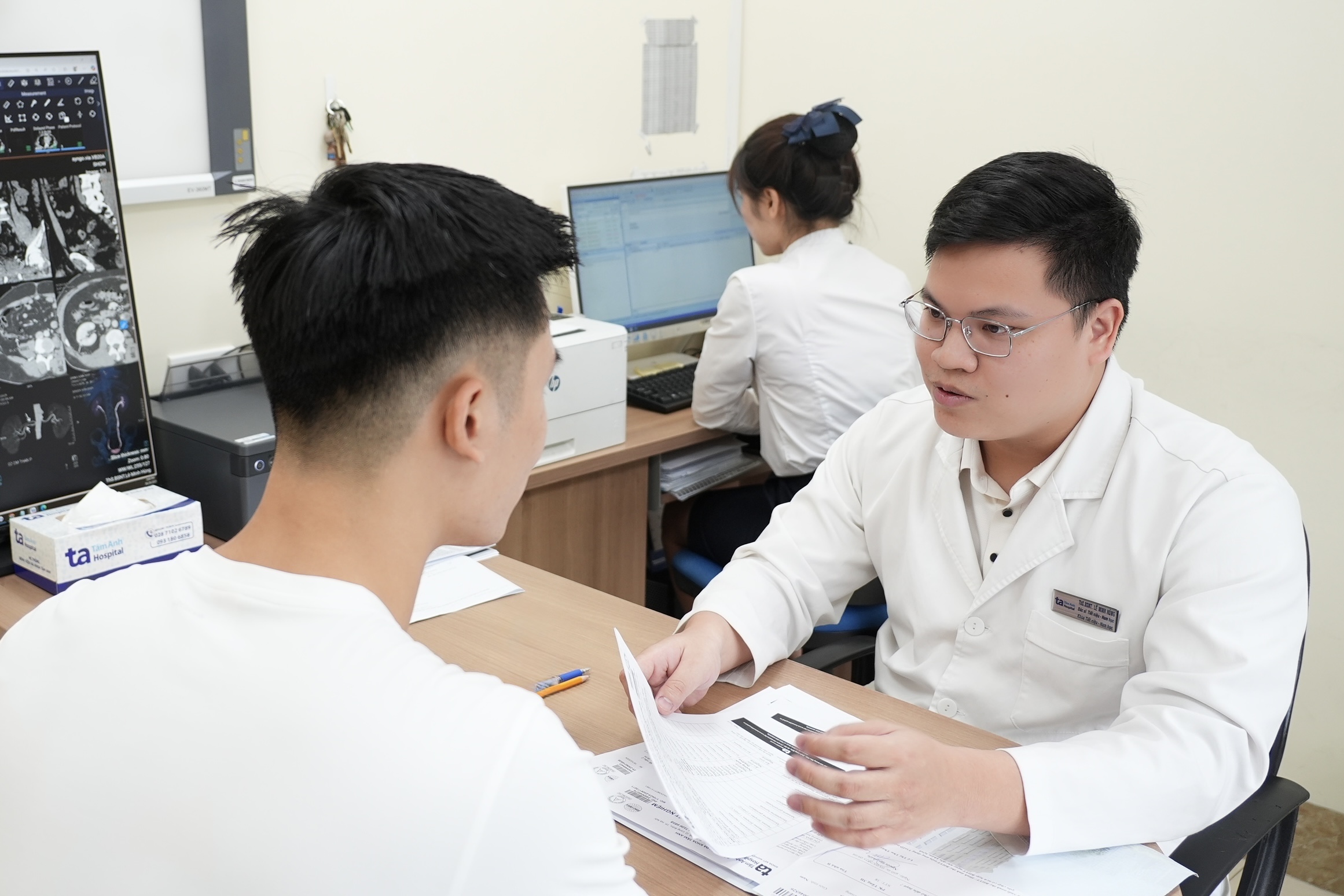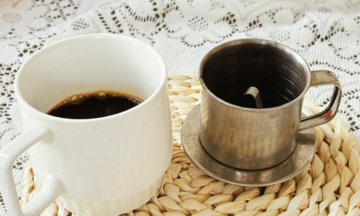Urinary retention, a common urinary problem, occurs when the bladder cannot fully empty (chronic) or suddenly loses its ability to void (acute). Common causes include an enlarged or inflamed prostate, urethral stricture, kidney stones, weak bladder muscles, or constipation. Dr. Le Minh Hung of the Urology and Andrology Department at Tam Anh General Hospital in Hanoi advises proactive urinary health management, especially for older adults, by maintaining adequate hydration.
Hydration is crucial for healthy adults. Daily water intake is calculated as body weight (kg) x 40 ml, with additional intake during hot weather or physical activity. Older adults, often experiencing reduced thirst sensation, should drink water even when not feeling thirsty.
Distributing fluid intake throughout the day, rather than consuming large amounts at once, allows the kidneys to process water efficiently, preventing sudden bladder overload. A warm glass of water after waking aids digestion and elimination. A small glass of water 30 minutes before meals supports digestion. Hydrating every hour during work or other activities is beneficial. Drinking water before exercise or bathing prevents dehydration. Limiting fluids before bedtime helps reduce nighttime urination.
 |
Dr. Hung consults with a patient. Illustrative photo: Tam Anh General Hospital |
Dr. Hung consults with a patient. Illustrative photo: Tam Anh General Hospital
Urine color is a simple hydration indicator. Pale yellow or clear urine generally signifies adequate hydration. Dark yellow suggests the need for more fluids. According to Dr. Hung, pure water is the best choice, supplemented by fresh, unsweetened fruit juice, coconut water, or caffeine-free herbal teas.
Alcohol, a potent diuretic, not only increases urination frequency but can also irritate the bladder, potentially leading to incontinence or nocturia. Caffeine in coffee, tea, energy drinks, and chocolate has similar effects.
Carbonated drinks can irritate the bladder lining, causing discomfort. Acidic foods like citrus fruits (oranges, lemons, mandarins, grapefruits), tomatoes and tomato products (such as sauces), spicy foods, or those with high vitamin C content can also be irritants.
Dr. Hung recommends seeking medical attention at a reputable facility for prompt diagnosis and treatment of urinary retention symptoms. In acute cases, immediate medical intervention is necessary to drain urine, relieve bladder pressure, and prevent damage to urinary organs like the kidneys. Chronic cases, often developing silently, require thorough diagnosis to identify the cause. Treatment may involve a combination of medication, lifestyle adjustments, and even procedural or surgical interventions.
Anh Kiet












